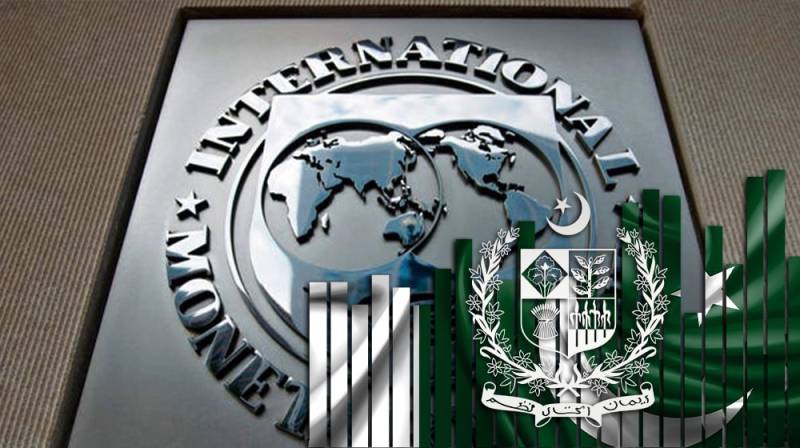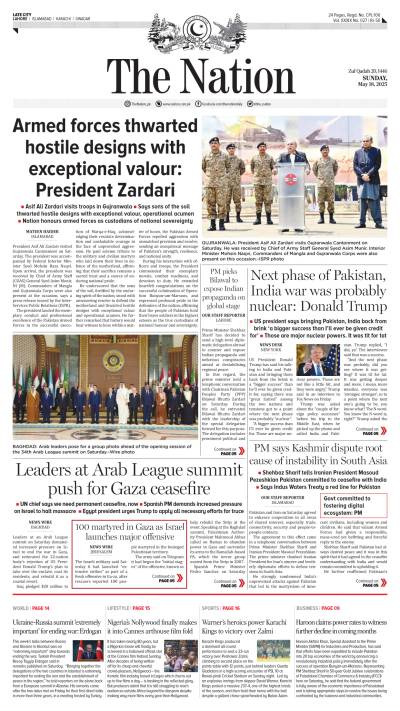Pakistan's federal budget for the fiscal year 2025–26 is projected to exceed PKR 17.6 trillion, with significant revenue and expenditure targets shaped by ongoing negotiations with the International Monetary Fund (IMF), according to official documents.
The Federal Board of Revenue (FBR) has been tasked with collecting PKR 14,307 billion in tax revenue. The collection breakdown includes PKR 6,470 billion from direct taxes, PKR 4,943 billion from sales tax, PKR 1,741 billion from customs duty, and PKR 1,153 billion from federal excise duty.
In addition, the government aims to generate PKR 1,311 billion through the petroleum levy, while non-tax revenue is estimated at PKR 2,584 billion. A provincial surplus of PKR 1,220 billion is also factored in. These measures are designed to bring down the fiscal deficit to 5.9% of GDP from 7.4% in the current fiscal year.
On the expenditure side, the largest allocation PKR 8,685 billion is earmarked for debt servicing, underlining the country's substantial interest payment obligations. Defense spending is set at PKR 2,414 billion.
The federal government also plans to allocate PKR 1,065 billion for development under the Public Sector Development Programme (PSDP), while borrowing is expected to reach PKR 6,588 billion to bridge the fiscal gap.
The budget is aligned with IMF-mandated structural reforms aimed at stabilizing the economy and enhancing revenue generation. These include increasing the tax-to-GDP ratio from 9.5% to 10.4%.
In line with these reforms, the IMF has recommended that Pakistan gradually phase out federal funding for provincial development projects under the PSDP. During virtual discussions with provincial governments, the IMF stressed that provinces should become financially autonomous by raising their own revenues.
A key proposal includes imposing income tax on agricultural earnings exceeding PKR 600,000 annually, effective July 1, 2025, without any exemptions. Provincial governments are reportedly reviewing the recommendation and have been actively participating in budget discussions with federal authorities and the IMF.
The upcoming budget will serve as a litmus test for Pakistan’s commitment to fiscal discipline and long-term economic stability amid external pressures and domestic economic challenges.






